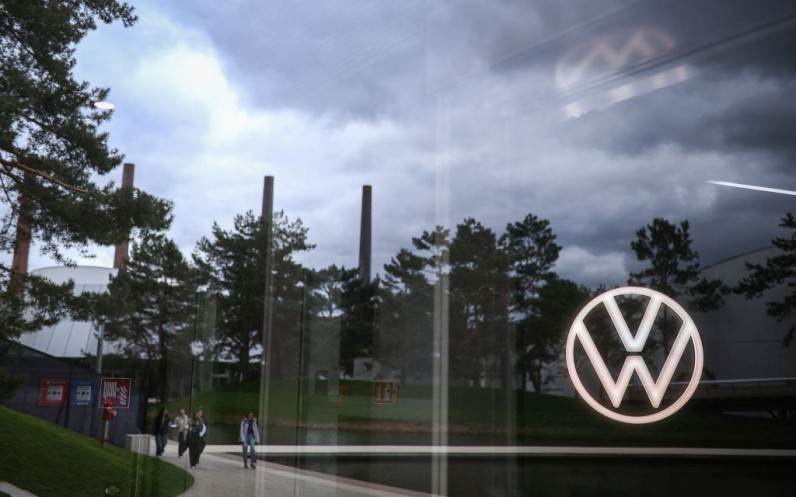
In collaboration with US startup QuantumScape, Volkswagen will develop solid-state batteries to bring the technology into more vehicles. Under the agreement shared by Reuters, Volkswagen's battery unit PowerCo will receive the license to mass-produce battery cells based on QuantumScape technology, pending technological progress and certain royalty payments.
This deal replaces an earlier joint venture between the two companies, with Volkswagen owning a 17% stake in QuantumScape worth $459 million.
The new agreement allows PowerCo to manufacture up to 40 gigawatt-hours (GWh) per year using QuantumScape technology, with the option to expand to 80 GWh, enough to equip approximately 1 million vehicles annually.
READ MORE : Germany Refuses to Let Chinese Company Buy Volkswagen's Gas Turbine Unit Over Fear of Military Use
What is Solid State Battery?
According to New Scientist, solid-state batteries replace traditional liquid electrolytes with solid conductive materials. This innovation allows for higher energy density, meaning they can store more energy in a smaller and lighter package compared to conventional batteries. This promises longer driving ranges for cars and longer-lasting charges for devices.
Beyond their energy capacity, solid-state batteries are also safer and more stable. They reduce the risk of overheating and combustion, which concerns current lithium-ion batteries, hence why it's highly desirable for electric vehicles (EVs) and portable electronics.
Volkswagen's Solid-State Batteries
While this is considered a huge potential, scaling up production and reducing costs remain challenges for widespread adoption in commercial applications. With Volkswagen's partnership with QuantumScape, electric vehicles will greatly benefit from solid-state batteries.
However, the success of this technology in meeting mass production demands and competitive pricing will determine its impact on the market and consumer adoption rates.







Join the Conversation